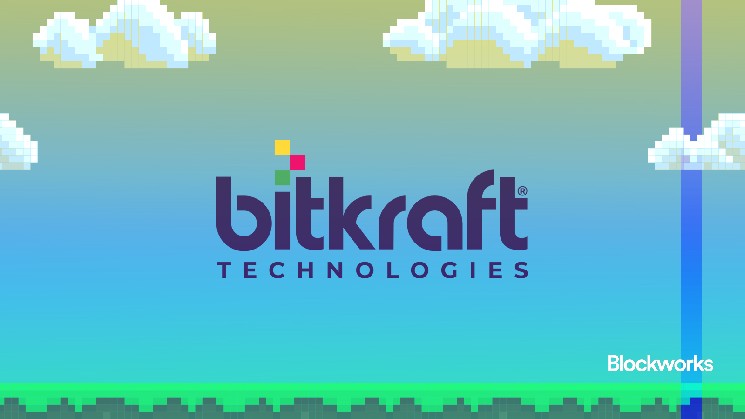This is a segment from The Drop newsletter. To read full editions, subscribe.
Blockchain gaming has gone through various cycles of sentiment.
These cycles include 2017, with CryptoKitties, and 2018, with games like Axie Infinity, Gods Unchained and Splinterlands.
While some might think crypto gaming is in decline these days, venture capital firm Bitkraft Ventures doesn’t see it that way.
“Not only is it not dead, but its future is as bright as almost any category,” Matt Halstead, a new partner at Bitkraft, told me in an interview.
The firm counts AMGI, Immutable, HyperPlay and Yield Guild Games among their 100+ portfolio companies, plus non-crypto firms like Discord and Epic Games. Bitkraft obviously stands to benefit from crypto gaming’s success, but they’re also investing in what they believe the future will look like.
“One bet that I would be, you know, very happy to make is that gaming will not only exist, but it will be multiples bigger than it is today. And I just don’t think you can look at the world and have that level of conviction in too many themes. And so I think to ignore gaming will be proven to be a big mistake,” Halstead added.
After the play-to-earn run subsided in early 2022 — when tokens like Axie Infinity’s AXS token fell roughly 91% in less than six months — some upstart crypto game studios touted a “play-and-earn” narrative.
A number of crypto games studios told me around that time that the industry needed to get away from the farming-focused financialized games, arguing that their games would put gameplay before their economies to “make a good game first.”
Around that time, some game studios and investors held the view that in-game items would become interoperable, and that NFTs would be part of that vision.
But crypto gaming’s once-touted vision of interoperable in-game items as assets on the blockchain hasn’t quite panned out — especially when hype around the metaverse faded in 2023.
Halstead suggested the prevailing sentiment toward crypto gaming is something that’s a problem across crypto: There’s a very short feedback loop where expectations don’t always meet reality.
“I just think there’s a fundamental lack of understanding of games in general,” he added.
So how could crypto organically fit into games, and where will we see future success?
Halstead sees the creator economy, cosmetic items, and the social element of gaming as areas that could do well with blockchain integrations going forward.
But there’s also the obvious, continued fit of more financial-forward games, or “GameFi” titles, wherein a betting element or gambling element is offered with an entertainment layer on top.
Bitkraft General Partner Carlos Pereira predicts that this year, we’ll see a solid AI-native crypto game release. But “risk-to-earn” is also a big subgenre.
Loot Labs is one of Bitkraft’s most successful portfolio companies right now, Pereira told me. Loot Labs offers buyers mystery assets as NFT loot boxes, whereby you spin a wheel and don’t know what you’re going to get.

